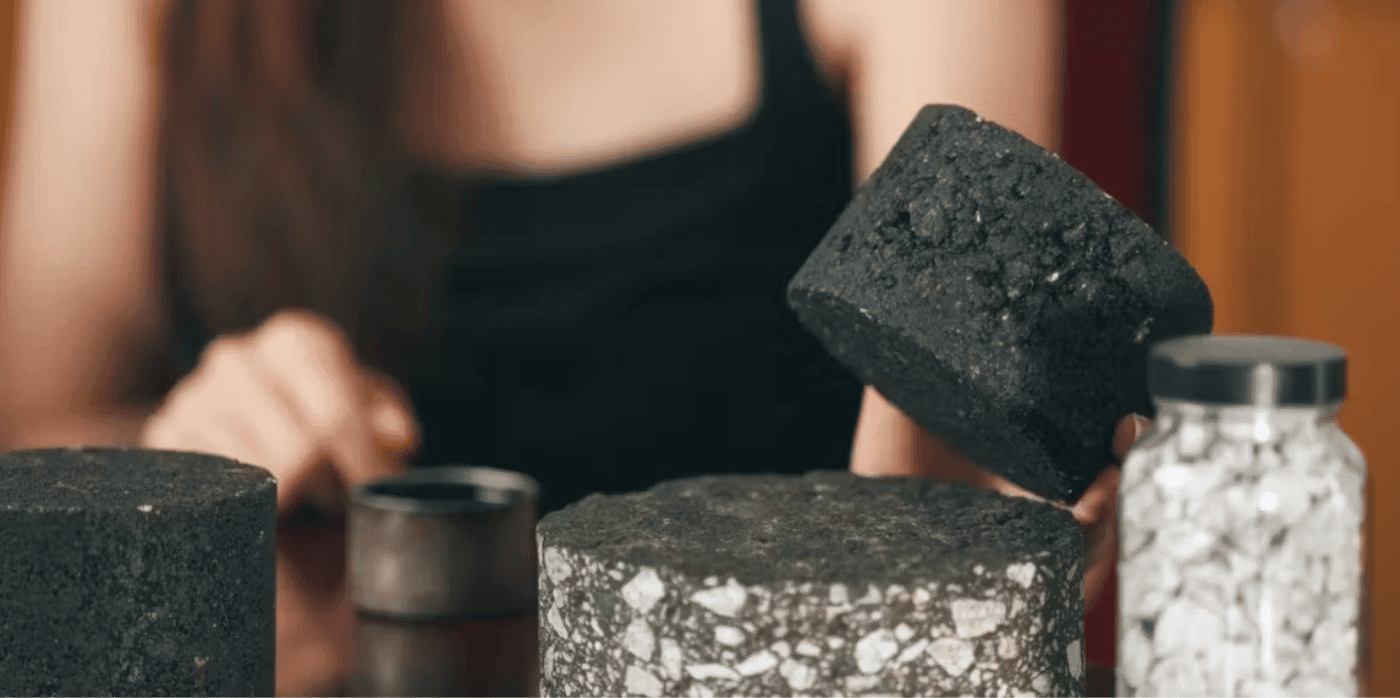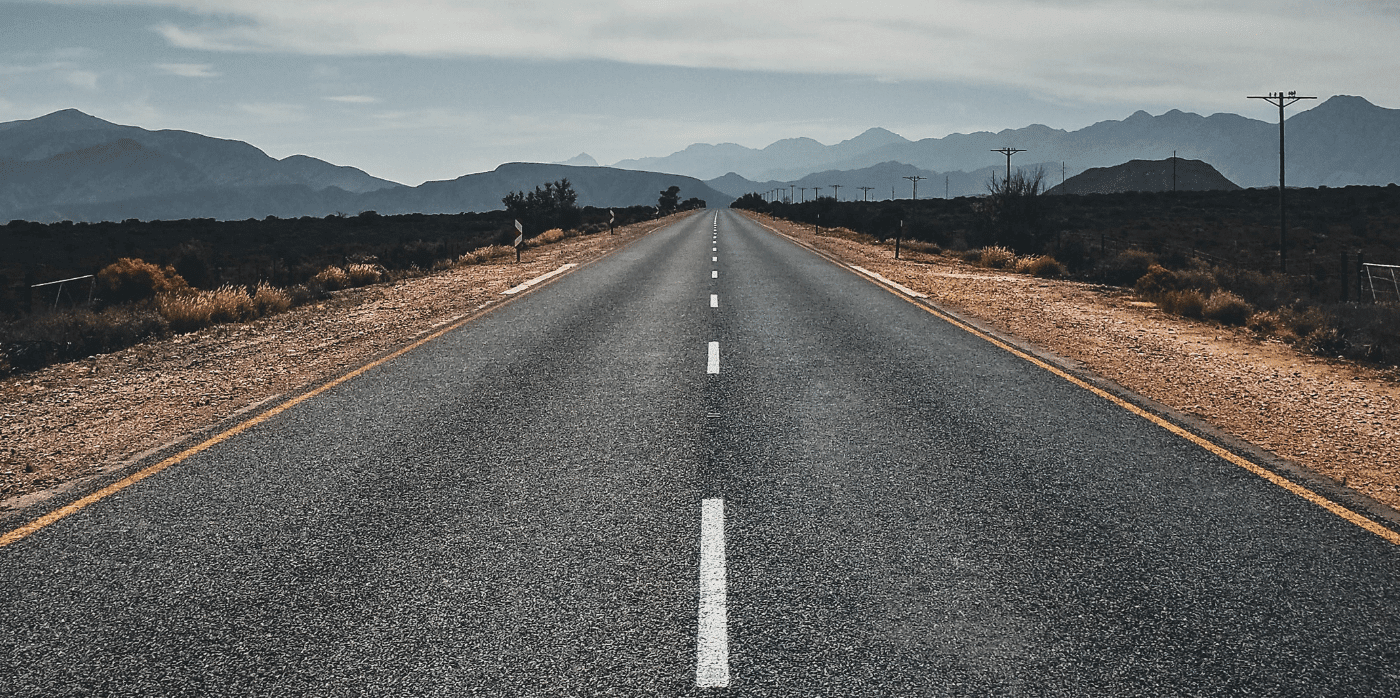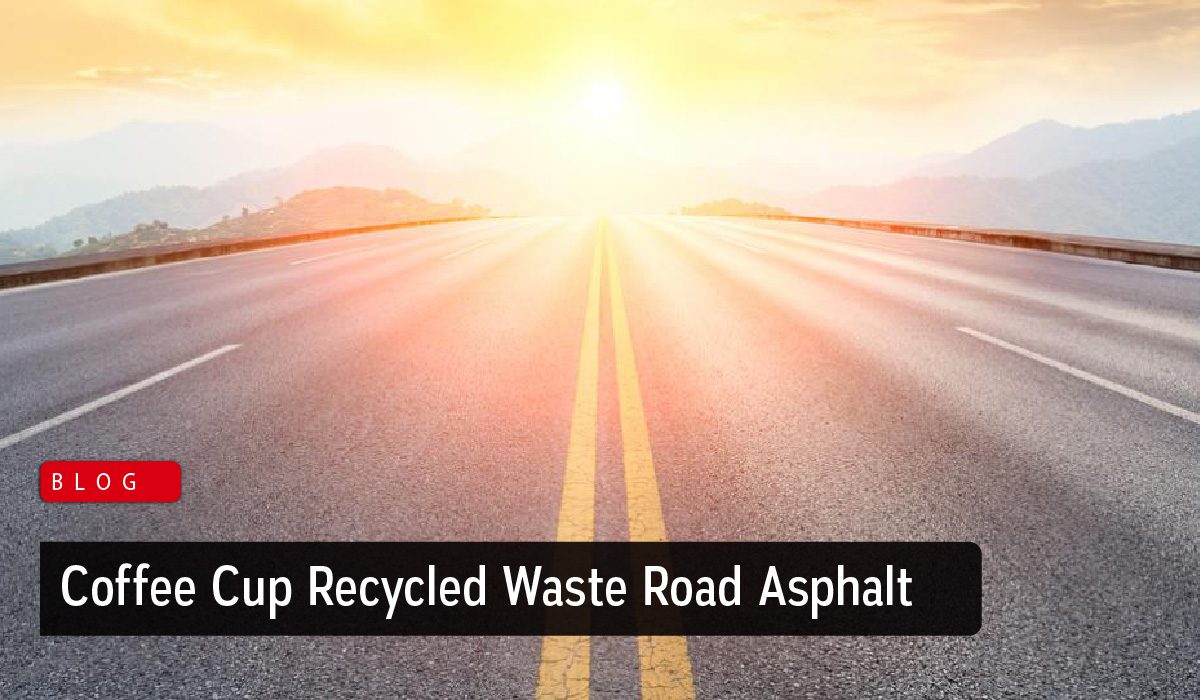Revolutionising roads with upcycled plastic waste

Spotted: While we like to think that any waste placed in a recycling bin is recycled into new products, the reality is that in some places, the refuse is either incinerated or exported to landfills elsewhere. This was the situation faced by Singaporean Oh Chu Xian. In response, Oh and her sister founded Magorium, a deep tech firm that develops sustainable solutions for plastic waste.
Oh’s family had been in the road construction and asphalt manufacturing business for almost five decades, so this was a logical place for Magorium to start. The company’s product, NEWBitumen, is a replacement for bitumen, the liquid binder used to hold asphalt together. Where traditional bitumen is produced using crude oil, NEWBitumen is made from plastic waste that would have otherwise been considered non-recyclable and destined for the landfill.
Contaminated plastic waste is put through a multi-step process, which breaks down the long chains of polymers in the plastic, and then reformulates the materials to create a substance with similar characteristics to bitumen. By-products, such as synthetic gas, are captured, cleaned, and used as a heating source to power the process. Organic contaminants are converted to biochar and used as filler.
At the 2023 CapitaLand Sustainability X Challenge, Magorium won the Emerging Startup Award and received S$150,000 (around €103,000) as a result. In future, the startup hopes to take NEWBitumen beyond Singapore and help stimulate circular economies in other countries around the world.
Coping with plastic waste is the goal of a growing number of innovations spotted by Springwise. These include the recycling of plastic waste into chemicals and rentable packaging made from recycled plastic.
Written By: Lisa Magloff



